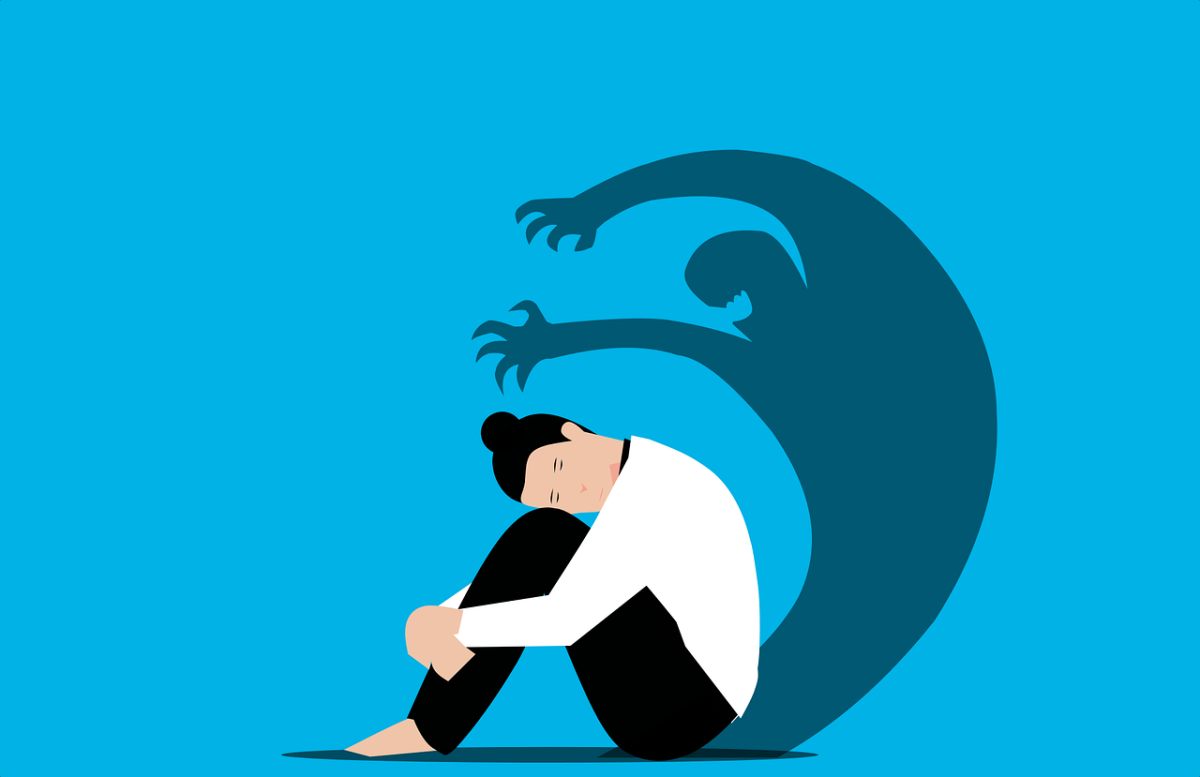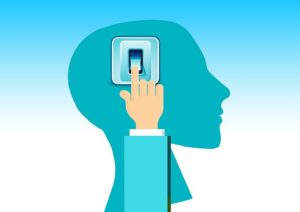Awareness surrounding mental health is growing but it still remains a taboo in many situations or communities. While you may feel comfortable talking to family members about a mental health diagnosis, for example, you might not feel ready to share this information with your coworkers.

However, experiencing mental health issues is extremely common. From anxiety and depression to schizophrenia and borderline personality disorder, there is a wide variety of mental health conditions that can affect people.
Whether you’ve received a formal diagnosis or you’re simply feeling more fragile than usual, take a look at these three ways you can boost your mental health now:
1. Talk to Someone
Talking about your feelings can seem difficult at first. In fact, many people will actively avoid talking about emotional issues. If you do reach out for support and are diagnosed with a mental health condition, it might give you the motivation to seek additional help.
Sadly, many people struggle to accept such a diagnosis, which can exacerbate their symptoms. To learn more about how people respond to a diagnosis, take a look at this post on mental health now. By accepting your diagnosis, finding someone to talk to and sharing your feelings, you can unburden yourself and begin to take positive action.
2. Recognize Your Achievements
Many mental health problems cause people to experience low self-esteem. When you’re caught in a cycle of negative thinking, for example, it’s easy to blame yourself and consider yourself a ‘failure’. This leads to further pessimistic thoughts and the cycle of negativity continues.
Recognizing your achievements can feel alien at first but it does have a positive impact on the way you think about yourself. No matter how silly you might feel, make time to recognize what you’ve achieved every day. Whether it’s something small, like taking a shower, or something more memorable, like attending a social event, reward yourself for every achievement.
3. Stay Active
The mind and body are inextricably linked, so it’s not surprising that our mental health affects our physical wellbeing and vice versa. If you want to enhance your mental health, staying physically active is important. When you exercise, your body releases ‘feel good’ hormones, known as endorphins. These are natural mood-boosters and can have a dramatic impact on how you feel.
What’s more – exercise is a great way to relieve stress and reduce anxiety. From talking a brisk walk every day to hitting the gym, staying active can be extremely helpful when you’re dealing with mental health issues.
When to Seek Help
People often minimize their own symptoms and assume that they aren’t ‘stressed enough’ or ‘sick enough’ to seek help for mental health issues. In reality, anyone can experience mental health problems at any time. No matter what your family background, socioeconomic status or social life is like, you deserve to receive the support you need.
If you notice particular symptoms that you’re concerned about or your mood has changed, it’s well worth seeking medical advice. A visit to your primary care practitioner, a therapist and/or a counsellor can help you to change the way you feel and access any treatment you might need.



Leave a Reply